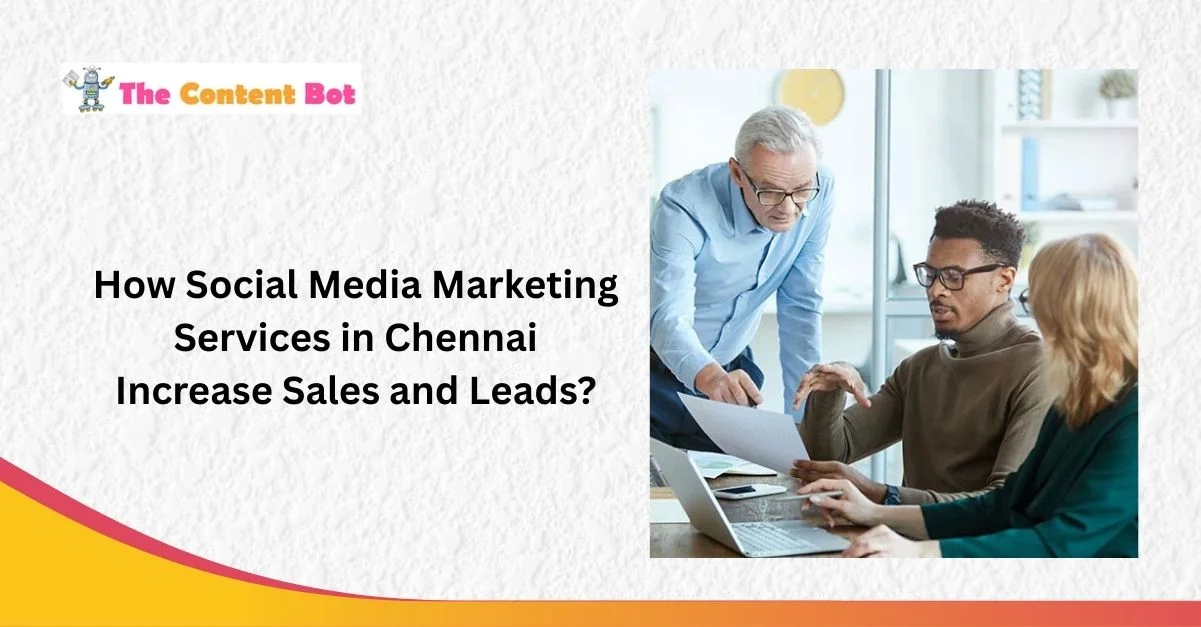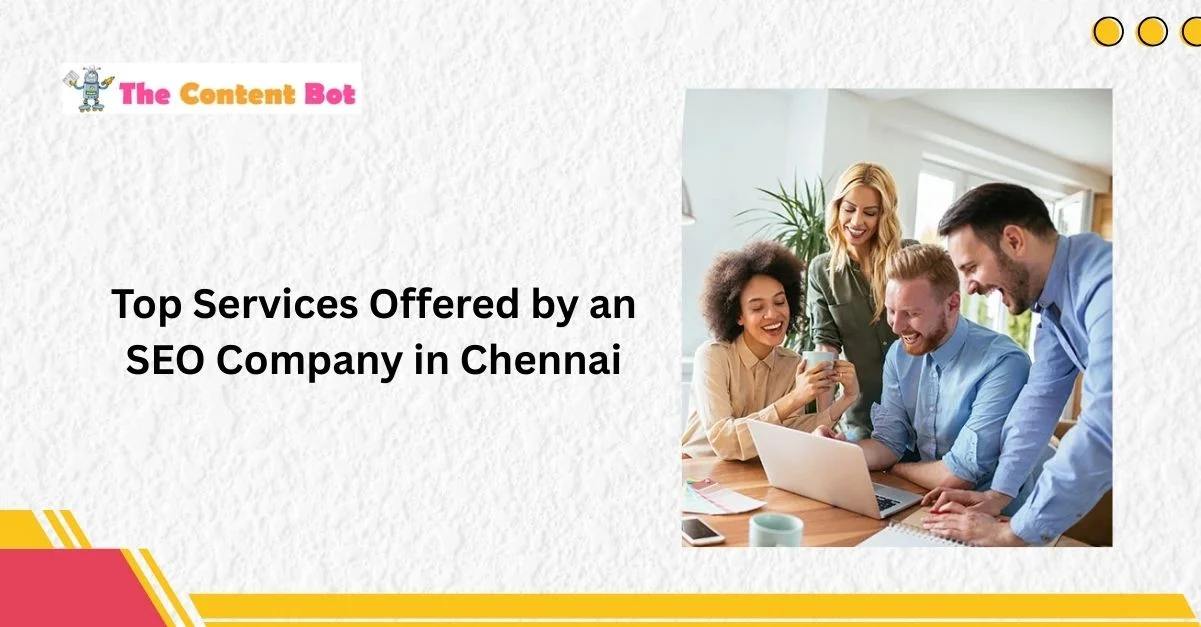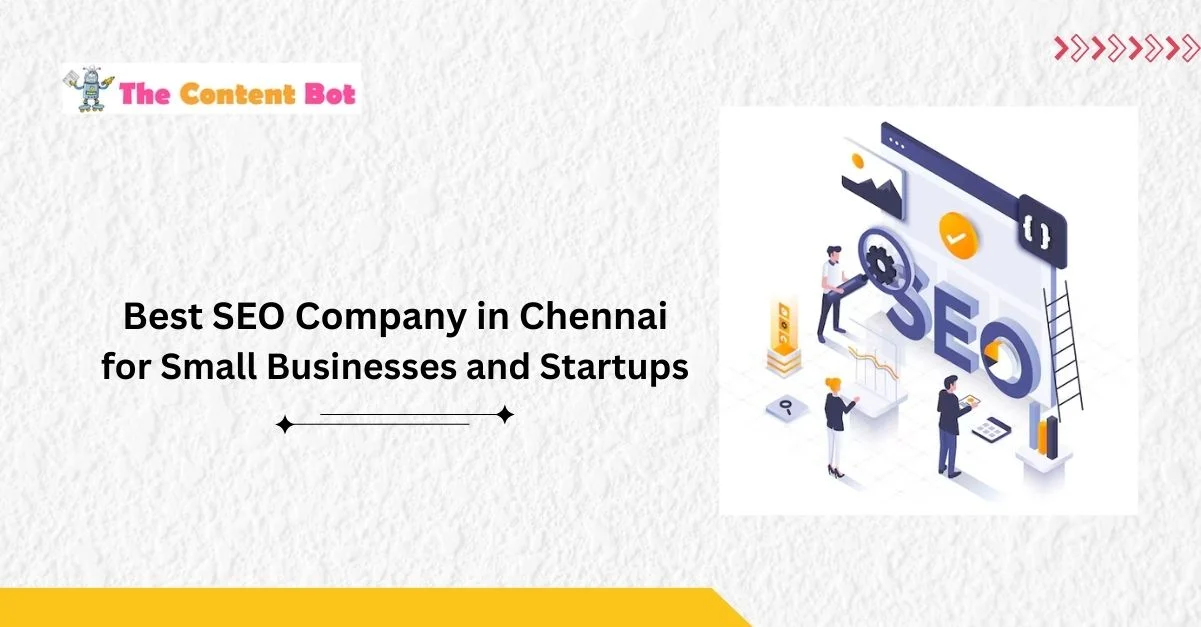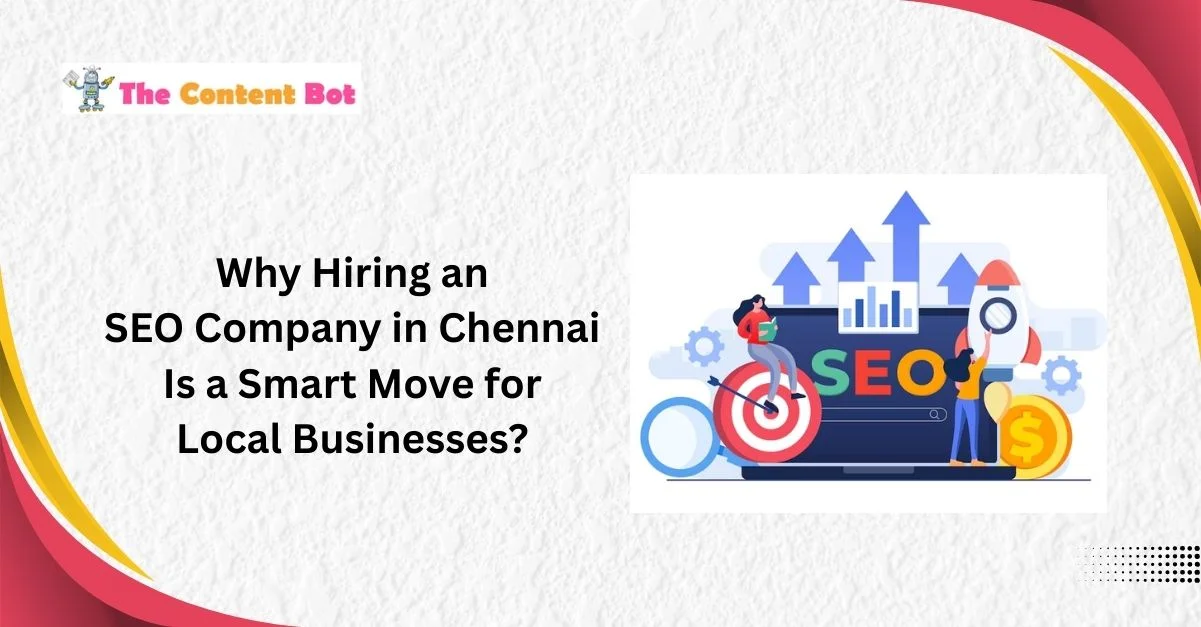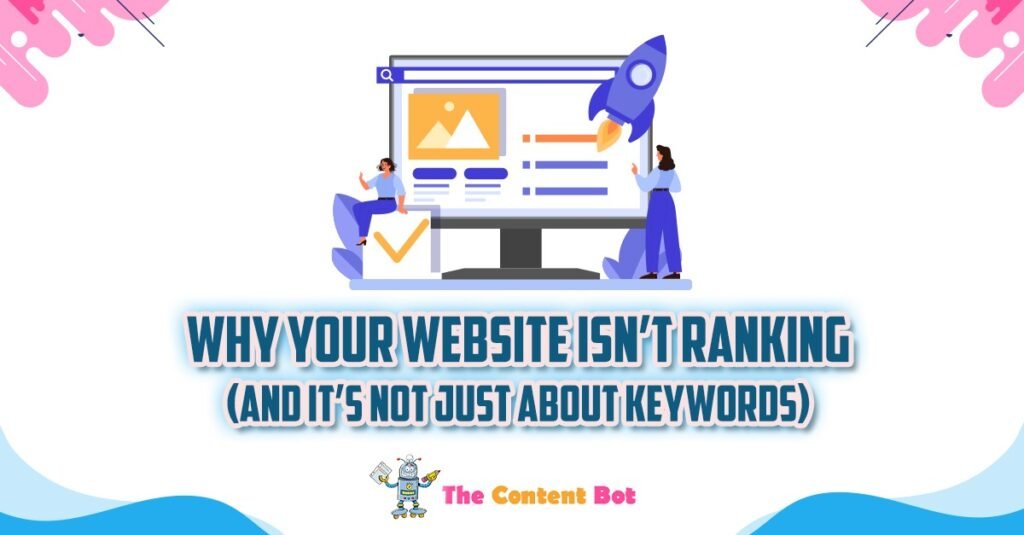
Why Your Website Isn’t Ranking 2025 Many businesses assume that if they sprinkle the right keywords across their site, rankings will magically improve. But in 2025, search engines are far more complex. Rankings depend on intent, content quality, technical SEO, user experience, and authority signals not just keywords. In this blog, we’ll break down why your site may be struggling to rank and what you can do about it.
1. Weak User Experience (UX) Signals
Search engines measure how users interact with your site. If visitors bounce quickly, struggle to navigate, or find pages slow, Google assumes your site isn’t useful. Even with good keywords, poor UX drags you down.
Key Insight: A clean, fast, and user-friendly site tells Google your content deserves visibility.
2. Lack of Content Depth and Relevance
Thin blogs or surface-level landing pages don’t cut it anymore. Search engines look for depth, authority, and context. If your content doesn’t answer user intent fully, competitors with richer, more useful content will outrank you.
Key Insight: Depth matters. Cover topics holistically with insights, examples, and supporting resources.
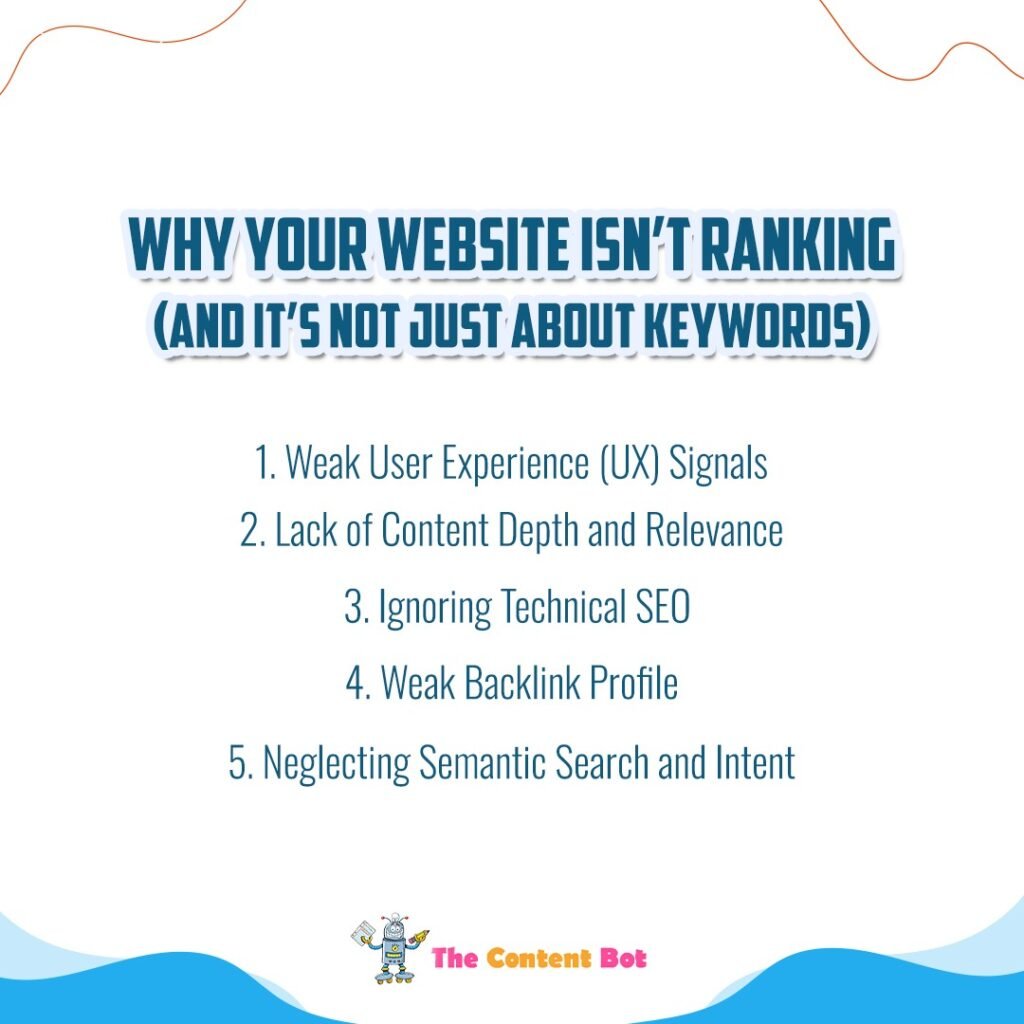
3. Ignoring Technical SEO
Keywords won’t help if your site has broken links, poor mobile responsiveness, missing schema, or crawl errors. Technical SEO is the backbone that ensures Google can actually read and rank your site. Many businesses overlook this while obsessing over keywords.
Key Insight: Technical foundations decide whether your site even gets considered for ranking.
4. Weak Backlink Profile
Google still values authority, and backlinks are one of the strongest signals. A site with thin or spammy backlink profiles rarely ranks well. Without quality mentions from trusted sites, your content looks isolated in the eyes of search engines.
Key Insight: Backlinks act like endorsements without them, your site lacks credibility.
5. Neglecting Semantic Search and Intent
Modern search engines don’t just match keywords they interpret intent. If you optimise only for exact phrases, you miss out on semantic search opportunities. Covering related terms, answering adjacent questions, and aligning with searcher intent are critical to ranking in 2025.
Key Insight: Intent-first content beats keyword-heavy content every single time.
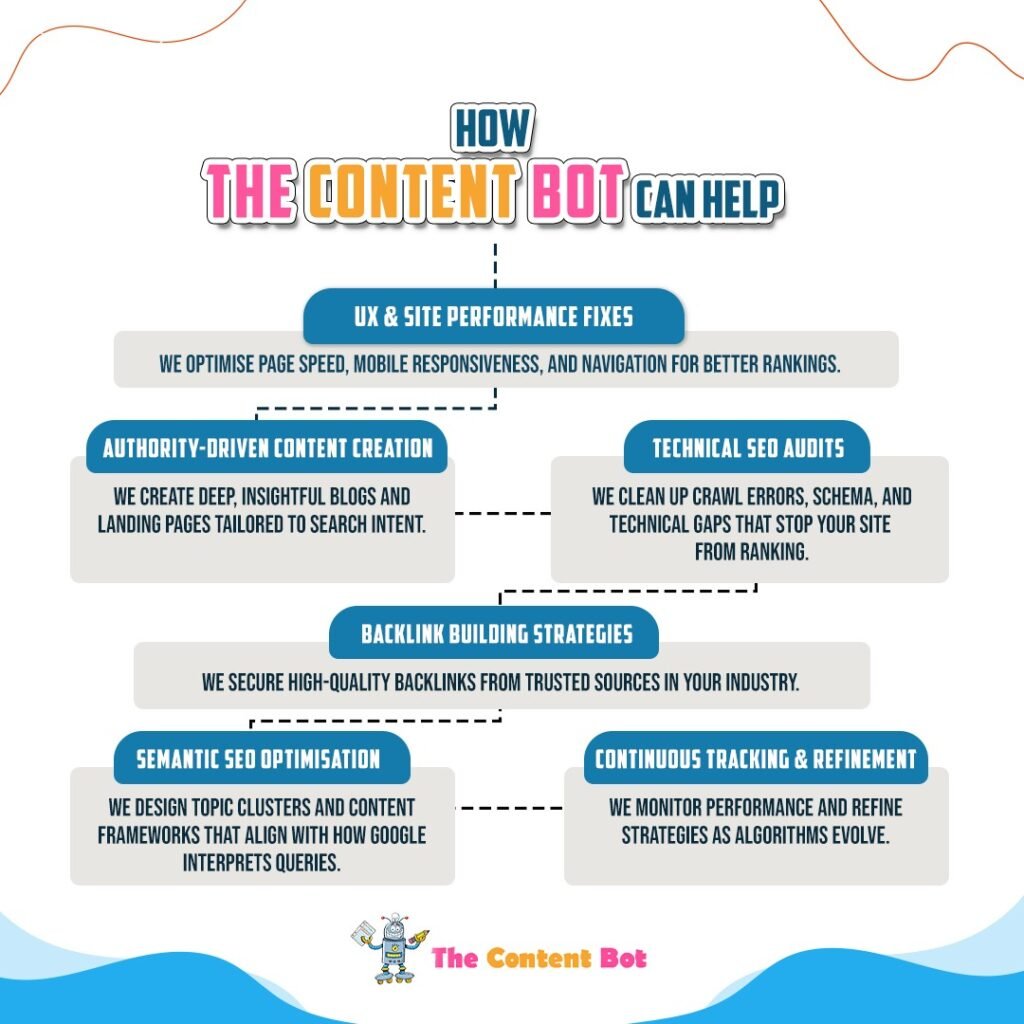
How The Content Bot Can Help
At The Content Bot, we go beyond keywords to build authority-driven SEO strategies that actually rank. Here’s how we do it:
- UX & Site Performance Fixes -We optimise page speed, mobile responsiveness, and navigation for better rankings.
- Authority-Driven Content Creation -We create deep, insightful blogs and landing pages tailored to search intent.
- Technical SEO Audits -We clean up crawl errors, schema, and technical gaps that stop your site from ranking.
- Backlink Building Strategies -We secure high-quality backlinks from trusted sources in your industry.
- Semantic SEO Optimisation -We design topic clusters and content frameworks that align with how Google interprets queries.
- Continuous Tracking & Refinement -We monitor performance and refine strategies as algorithms evolve.
With us, your site doesn’t just look good it ranks, performs, and converts.
Frequently Asked Questions
1. Why isn’t my website ranking even after keyword optimisation? Because ranking depends on UX, technical SEO, backlinks, and intent alignment not just keywords.
2. Does website speed really affect rankings? Yes. A slow site frustrates users, increases bounce rates, and lowers SEO performance.
3. Do backlinks still matter in 2025? Absolutely. High-quality backlinks remain one of the strongest authority signals for Google.
4. How important is mobile optimisation? Critical. Most searches happen on mobile, and Google prioritises mobile-first indexing.
5. Can small businesses compete with large brands in rankings? Yes. With intent-driven, high-quality content and local SEO, small businesses can outrank bigger players.
6. How long does SEO take to show results? Typically 3-6 months, depending on competition and the state of your site.
Here’s How This Helps
E-Commerce Site’s UX Problem
An online store stuffed product pages with keywords but had slow load times. After fixing speed and UX, bounce rates dropped and rankings improved within 2 months.
SaaS Firm’s Content Gap
A SaaS company wrote short blogs targeting keywords but missed depth. By creating detailed guides and topic clusters, they tripled organic traffic.
Local Business’s Technical SEO Fix
A dental clinic wasn’t ranking despite good reviews. After fixing schema markup and mobile responsiveness, they appeared in the top 3 for local searches.
Consulting Agency’s Backlink Boost
A consulting firm struggled with visibility. By building backlinks from industry publications, their domain authority rose, and rankings followed.
Ranking isn’t just about keywords anymore. Search engines reward businesses that combine technical strength, authority-building, and intent-driven content. If your website isn’t ranking, chances are the problem lies beyond your keywords. At The Content Bot, we help businesses build SEO strategies that are resilient, comprehensive, and designed to win in 2025’s search landscape.

